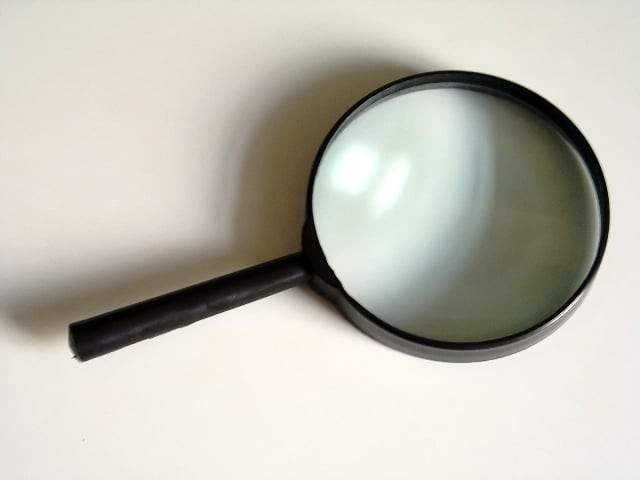National Archives of Pakistan: Practical issues limit access to historic documents
NAP head says more staff, funds needed; ministries not transferring documents.

A long trek through the Pakistan Secretariat takes one to the National Archives of Pakistan (NAP) building. But while a treasure trove of documents awaits historians and researchers, the extended process of procuring and then reading them with faulty microfilm viewers is tasking.
Despite the existence of the National Archives Act 1993 and the Archives Material (Preservation and Export Control) Act 1975, government ministries have been lax in transferring documents to NAP. One employee said no documents had been transferred to the archives since the mid-1970s. He shrugged when asked why. “This is the way governments are. They have these documents in the ministries but they do not send them.”
NAP’s director general Habib Ahmed Khan admitted there had been delays, but added that some ministries were archiving material. “We are receiving documents from the ministries of finance, industries and law, as well as Pakistan Radio and the Pakistan Agricultural Research Council. We have 36,000 ‘A’ category documents.”
“It is true that there has been a delay (in transferring documents),” he said. “We have created survey teams to work with the ministries and report on how many documents they will archive, based on the categories.”
Khan said NAP, which is a department of the Cabinet Division, needs more funding and staff. According to a 2010 newsletter, documents available at NAP include a record of the Intelligence Bureau, 735 reports of the Prime Minister’s Inspection Commission from 1948 to 2002 and 10,000 state documents.
Article 19-A of the constitution guarantees freedom of information. According to the National Archives Act 1993, public records related to ‘national security’, including records of intelligence agencies, should be made available 20 years after their creation. A reference for exemption can be filed by the Administrative Division.
The record of the Muslim League, the papers of Quaid-e-Azam, Ruttie Jinnah and Fatima Jinnah, extensive private collections and microfilms of newspapers are stored at the archives.
However, there are a number of issues with accessing the archives. Using public transport on the road leading from Marriott Hotel to Pakistan Secretariat is banned for ‘security reasons’, inconveniencing researchers, let alone the hundreds of citizens who travel there for work.
It takes a considerable amount of time for the staff to gather material, and there is no public access to the central library.
One student was heard imploring, “Please let us go to the library. We sent a list of so many things and only got two books. If we can go to the library ourselves, we can see what texts we need.”
While the archives are open for perusal, the central library is in a ‘sensitive area’ and off-limits. Visitors have to give a detailed list to the NAP, which then obtains the required material. Khan said, “This is because of the current security situation. The library used to be open to the public, but it is located in the red zone.”
In Pakistan, people resort to alternative means for releasing official records. The media frequently reports on documents leaked by government officials and videos showing alleged extra-judicial killings and torture by the Pakistan Army have been released online. An insight into US-Pakistan relations, as well as the views of allies in the region about Pakistan, came from the US embassy cables released by WikiLeaks. Official inquiries into controversial issues are rarely made public, and the 1971 Hamoodur Rahman Commission Report was only declassified after it was published by an Indian magazine in 2000.
Published in The Express Tribune, March 28th, 2011.



















COMMENTS
Comments are moderated and generally will be posted if they are on-topic and not abusive.
For more information, please see our Comments FAQ